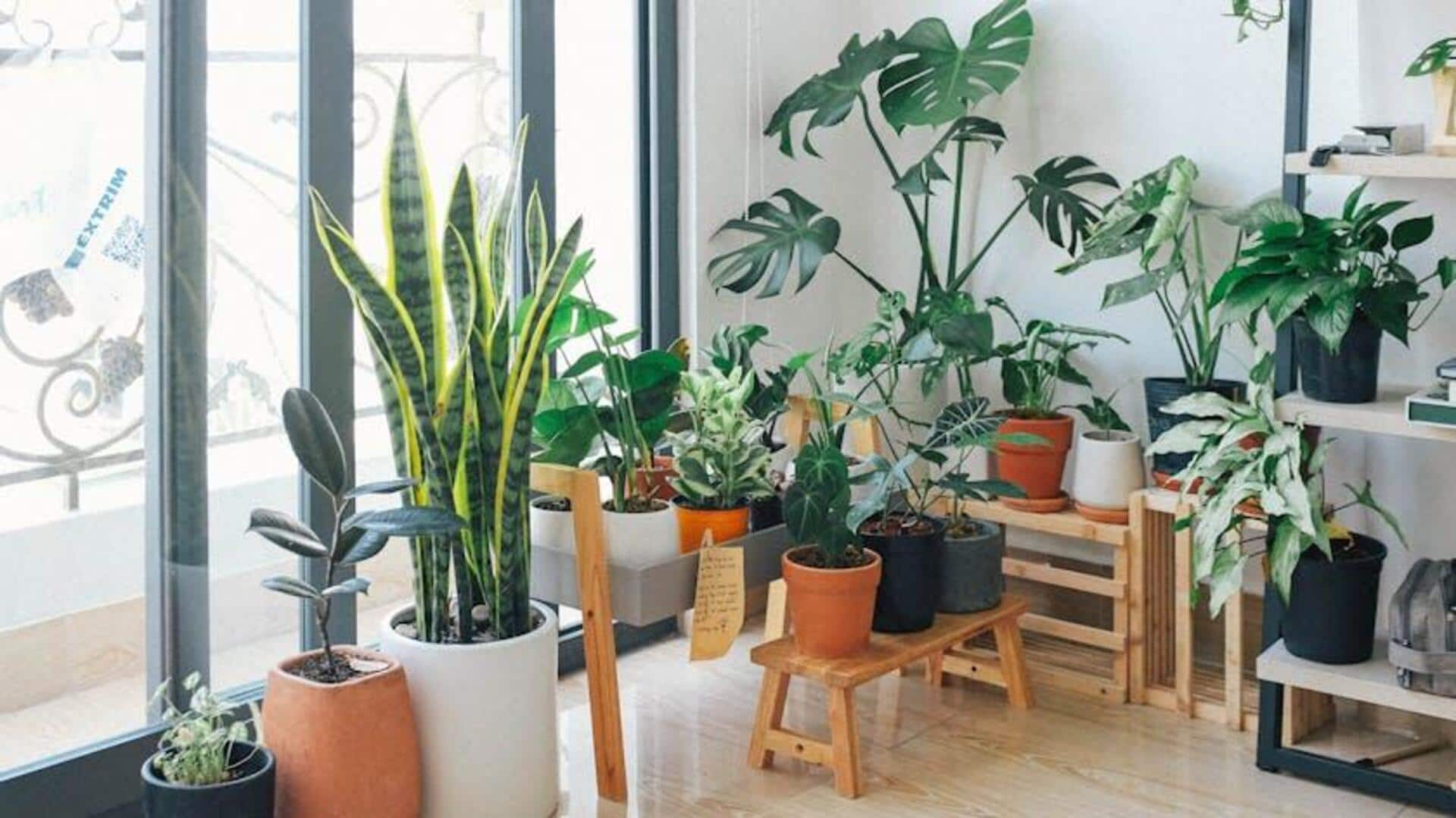How to Fix Nutrient Deficiencies in Houseplants
By Simran Jeet | Oct 13, 2025, 06:26 pm
Houseplants can be a wonderful addition to your home, bringing life and freshness to any space. However, to keep them thriving, proper care is essential—especially ensuring they receive adequate nutrients. If your houseplants appear unhealthy or stunted, nutrient deficiencies might be the culprit.
Here are five natural and effective ways to fix nutrient deficiencies in your houseplants without relying on chemical fertilizers. These tips will help keep your plants healthy, vibrant, and flourishing.
1. Use Compost Tea for a Nutrient Boost
Compost tea is an excellent natural fertilizer rich in beneficial microorganisms and nutrients that enhance soil health and plant growth. To make compost tea, soak well-rotted compost in water for a few days. The liquid you get can be applied to your plants’ soil once every two weeks to provide a nutrient boost and improve overall vitality.
2. Apply Banana Peels for Potassium
Banana peels are a great source of potassium, a vital nutrient that strengthens stems and promotes better flowering. Chop banana peels into small pieces and bury them in the soil around your plants, or blend them with water to create a liquid fertilizer. This method releases potassium slowly, supporting healthy plant development.
3. Utilize Epsom Salt for Magnesium
Magnesium is crucial for photosynthesis, and Epsom salt is a rich source of this nutrient. To use, dissolve one tablespoon of Epsom salt in one gallon of water. Apply this solution as a foliar spray or directly to the soil once a month. This simple treatment helps correct magnesium deficiencies and boosts your plants’ overall health.
4. Incorporate Coffee Grounds for Nitrogen
Used coffee grounds are packed with nitrogen, essential for lush leaf growth. You can sprinkle coffee grounds directly on the soil or mix them into your compost before applying it to plants. Besides providing nitrogen, coffee grounds also improve soil structure by adding organic matter.
5. Use Crushed Eggshells for Calcium Enrichment
Eggshells are rich in calcium carbonate, which helps prevent disorders like blossom end rot particularly in fruits and vegetables such as tomatoes and peppers. Rinse eggshells thoroughly after use, let them dry completely, then crush them into small pieces. Add the crushed shells to the soil surface around affected plants or mix them into potting mix during repotting.
By incorporating these natural remedies into your plant care routine, you can effectively address nutrient deficiencies and keep your houseplants thriving without harsh chemicals.

Be First to Comment